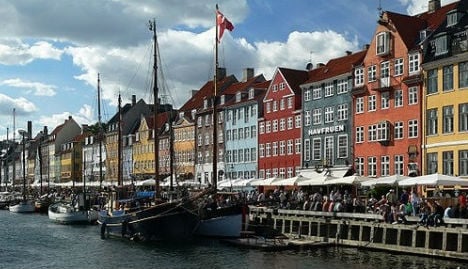AIRBNB
AirBnB in talks on Copenhagen rental cap
Copenhagen city politicians have begun talks with room-rental app AirBnb to impose a cap on the number of days residents can rent out their rooms or apartments.
Published: 21 February 2017 10:13 CET

AirBnb has been blamed for making Copenhagen accomodation tighter. Photo: Wikimedia Commons/Scythian
Copenhagen’s lord mayor Frank Jensen in January called for a 60-day limit, arguing that this was needed prevent room and apartment rentals made through the app degenerating into “illegal hotel operations”.
Copenhagen residents have complained that AirBnB’s arrival has led to a rental shortage in the city, because it is so much more profitable to rent rooms out on a daily basis on AirBnb.
If a deal is reached, Copenhagen will follow in the footsteps of London and Amsterdam, where the start-up has already imposed rental limits of 90 and 60 days respectively.
Ninna Thomsen, Copenhagen’s mayor for health and social care told Denmark’s Ritzau newswire that politicians from the Social Democrats, Socialist Left party and Red-Green alliance, had met with AirBnB representatives on Monday.
“Talks have been initiated over an agreement,” she said.
The meeting, she said, had been positive although the Silicon valley company had floated the idea of striking a deal with Denmark’s central government.
Url copied to clipboard!


 Please whitelist us to continue reading.
Please whitelist us to continue reading.